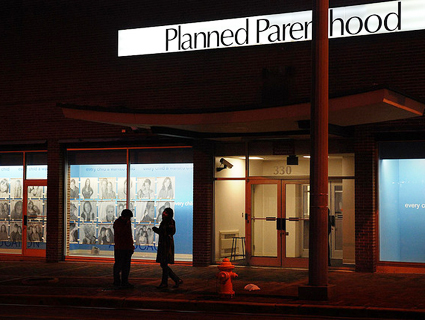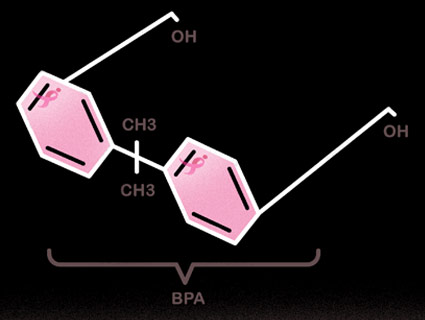Susan B. Komen for the Cure’s decision to end grants to Planned Parenthood that helped pay for breast cancer screenings has already drawn much criticism from outside the organization. But over at the Atlantic, Jeffrey Goldberg talks to some Komen insiders who say that the move was controversial within the organization as well:
The decision, made in December, caused an uproar inside Komen. Three sources told me that the organization’s top public health official, Mollie Williams, resigned in protest immediately following the Komen board’s decision to cut off Planned Parenthood. Williams, who served as the managing director of community health programs, was responsible for directing the distribution of $93 million in annual grants. Williams declined to comment when I reached her yesterday on whether she had resigned her position in protest, and she declined to speak about any other aspects of the controversy.
But John Hammarley, who until recently served as Komen’s senior communications adviser and who was charged with managing the public relations aspects of Komen’s Planned Parenthood grant, said that Williams believed she could not honorably serve in her position once Komen had caved to pressure from the anti-abortion right. “Mollie is one of the most highly-respected and ethical people inside the organization, and she felt she couldn’t continue under these conditions,” Hammarley said. “The Komen board of directors are very politically savvy folks, and I think over time they thought if they gave in to the very aggressive propaganda machine of the anti-abortion groups, that the issue would go away. It seemed very short-sighted to me.”
Further, Goldberg writes, the new rule forbidding grants to any organization currently under investigation was designed specifically to ice Planned Parenthood out. Under the new rule, which Goldberg documents with an internal memo, any organization that is the subject of an investigation by any local, state or federal authority is deemed ineligible for grants. This, of course, creates an incentive for pretty much anyone to launch an investigation for the purpose of denying funds to groups they don’t like very much.
This certainly seems to be the motivation for the investigation anti-abortion Rep. Cliff Stearns launched in September against Planned Parenthood. Democrats on his committee accused Stearn of abusing his chairmanship to further the “Republican vendetta” against the group. They noted that both the Health and Human Services Inspector General and state Medicaid programs regularly audit Planned Parenthood, and “have not identified any pattern of misuse of federal funds, illegal activity, or other abuse that would justify a broad and invasive congressional investigation.”
The act of launching an investigation, of course, has nothing to do with whether or not any actual wrongdoing occurred.













